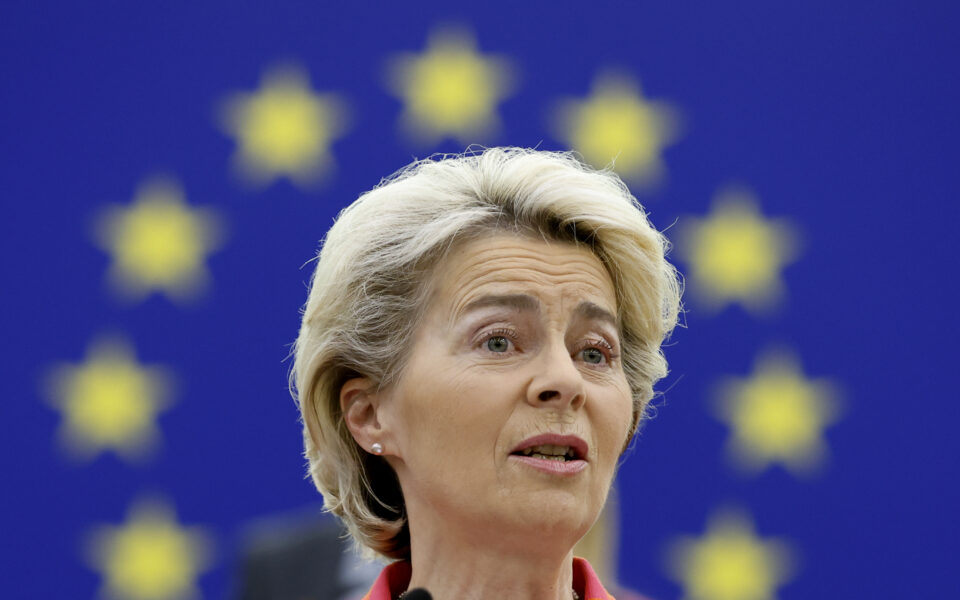A period that changed Europe

At barbecues and garden parties, the conversation centers on the eventful preceding six months, on the much-needed break in August and on the difficult winter ahead.
It is already the middle of July and a summer sluggishness is starting to take over in Brussels. However, there is still some activity. The Czech Presidency has energetically taken the reins from France at the Council of Europe. New, even more pessimistic, predictions by the European Commission on the economy are expected on Thursday, while the latest plan to confront the mounting energy crisis will be presented next week.
This summer is also the half-way mark in the terms of the European institutions’ leaderships. It was a period of shockingly rapid developments, which tested European cohesion and led to massive efforts towards common policies and deeper unification.
The Commission led by President Ursula von der Leyen took office on December 1, 2019. Less than four months later, the coronavirus pandemic had reached the continent, triggering the biggest health crisis of the past century and an unprecedented economic crisis as a result of the lockdowns.
In the summer of 2020, following the second longest EU summit, member states agreed for the first time on a loans- and grants-based recovery fund relying on joint European debt. Thanks to the pandemic recovery plan and the common vaccine strategy, the EU came to be seen as a part of the solution to this new crisis (the same cannot be said about its reaction to the debt crisis that plagued its southern members for 10 years earlier).
The geopolitical turmoil sparked by Russia’s invasion of Ukraine saw more unprecedented responses: funding military assistance from the community budget, activating the Temporary Protection Directive for Ukrainian refugees, severe sanctions against Russia and initiatives for deeper coordination over energy and even defense.
Almost five months later, cracks can be seen on Europe’s once-united pro-Ukraine front. The coming winter will seriously test member states’ solidarity. These two major crises have activated centripetal forces that have grown autonomous. Europe has changed, irreversibly so.





